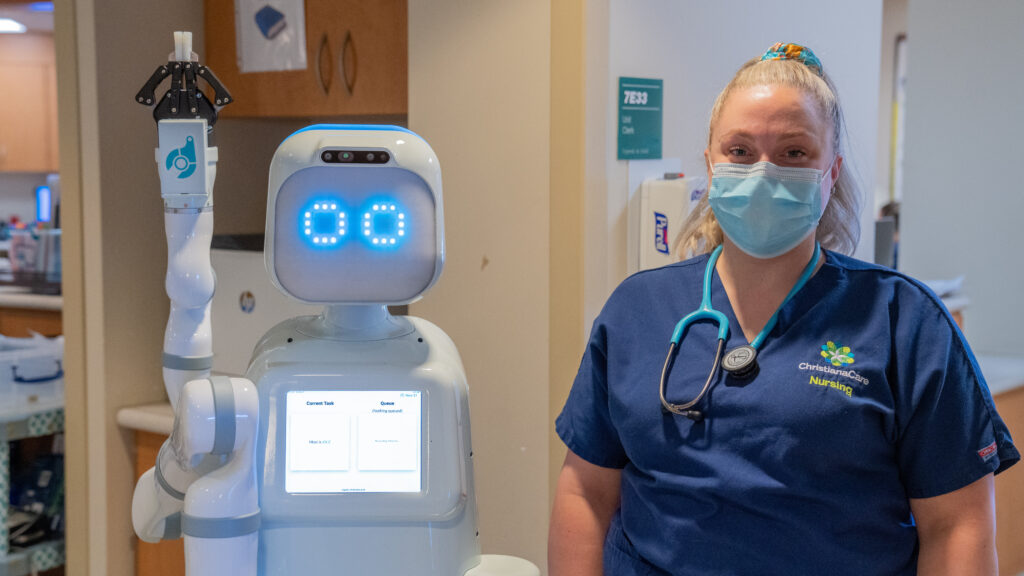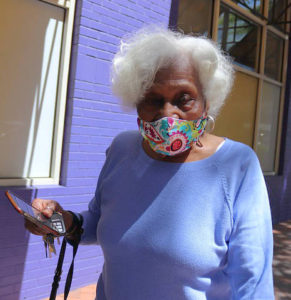Tag
isolation
-
The virtual caregiver will see you now: Covering robots, chatbots and more
When Intermountain Healthcare’s call centers became overwhelmed in March 2020 with people asking about COVID-19 symptoms, the team turned to…

-
As nursing home death and infection rates rise, how is isolation affecting seniors?
As the U.S. enters what experts predict may be the most severe months yet of the COVID-19 pandemic, the number…

-
New tip sheet looks at mental health effects of COVID-19 on older adults
The COVID-19 pandemic has put us all under tremendous stress. Social isolation, loneliness, fear of getting sick, an uncertain economy…

-
Webcast: Older adults and food insecurity during COVID-19
Long before the novel coronavirus ever surfaced, millions of older adults struggled with food insecurity. The COVID-19 pandemic has further…

-
Panelists discuss challenges of reporting on mental health and older adults
Covering mental health issues among older adults first means understanding the differences between issues of social isolation, loneliness, depression, and…

-
Social isolation, loneliness negatively affect health for seniors
Social isolation and loneliness are associated with increased mortality in older adults. Social isolation also has been linked to other…

-
•
Technological advances ease complications of aging
The future of services for our aging population will be shaped by the future of technology. A small example of…





